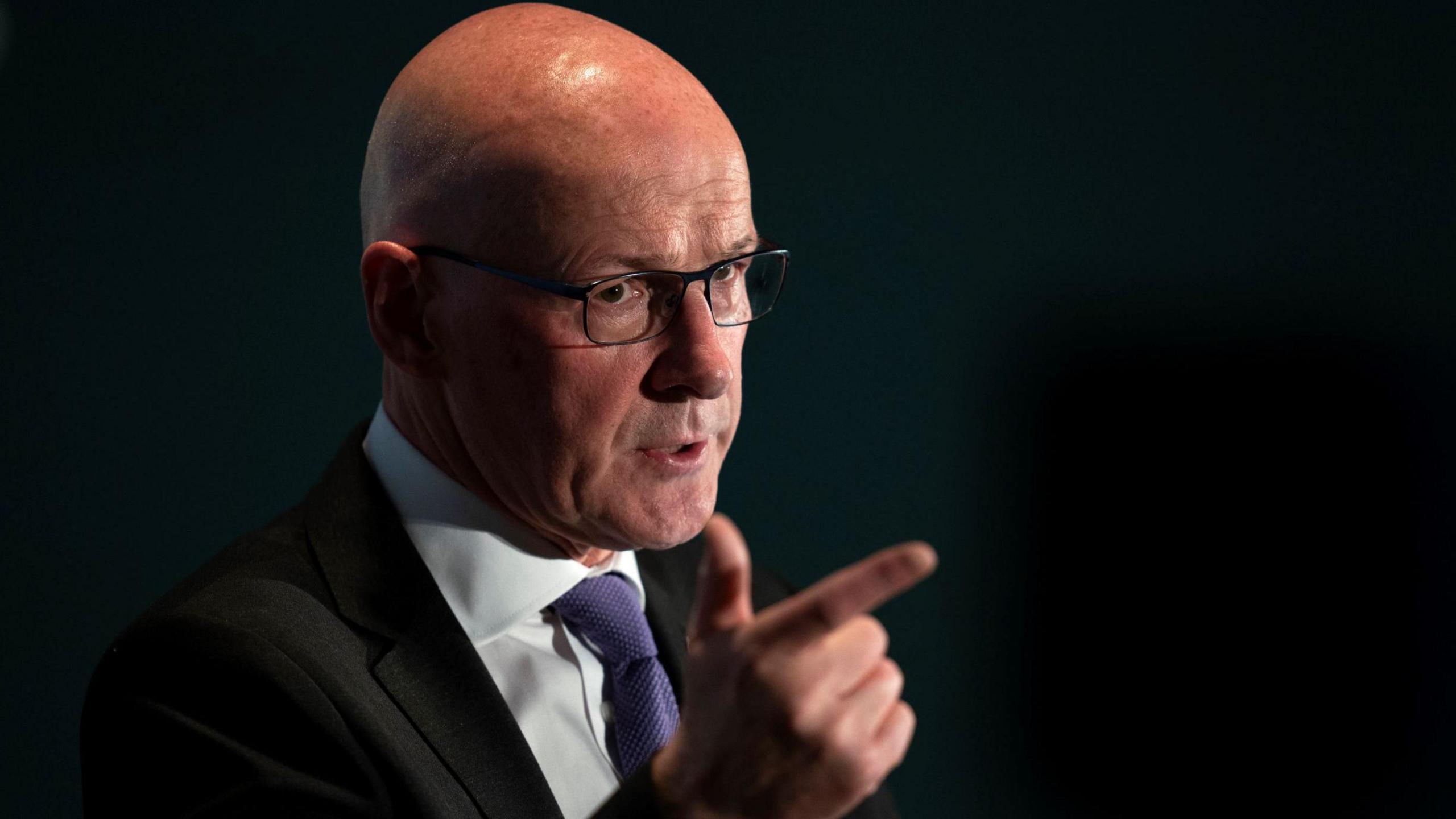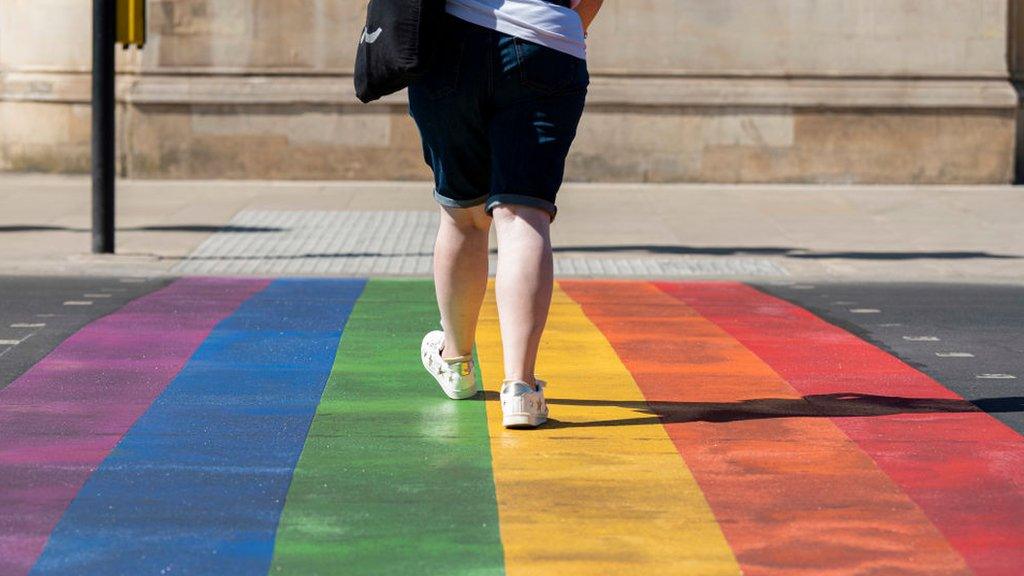New guidelines for trans surgical patients

The new guidelines have been published in Anaesthesia, the journal of the Association of Anaesthetists
- Published
A set of guidelines have been created to ensure the "safety and dignity" of transgender patients.
Experts, including those from the Royal Infirmary of Edinburgh and the University of Cambridge, set out 15 recommendations for the care of transgender people before and after general surgery.
The guidance, created independently of the NHS, outlined the use of gender-inclusive language and consideration of where a patient should be accommodated.
Co-author Dr Stuart Edwardson said the guidelines did not exclude using the terms male and female but suggested that gender-inclusive language could also be used.
He hoped the work could make sure transgender patients' "everyday healthcare is as safe and dignified as it can be."
The guidelines, published in Anaesthesia - the journal of the Association of Anaesthetists, stated there was "currently no existing guidance covering the scope and focus of this document".
It recommended confirming and using a patient's preferred name and pronouns and suggested digital pre-assessment questionnaires could allow the person to disclose their gender and sex at birth privately and safely.
It advised that someone's transgender identity should only be shared with the patient's consent, if important to their care, and it should be given the same level of confidentiality as "any other sensitive personal information".
It stated transgender and gender-diverse patients should also be cared for in an environment that "respects their gender identity" and added that "in some circumstances, this may involve providing a single room".
Current NHS guidance, external, said patients should not have to share accommodation with patients of the opposite biological sex.
The NHS said transgender patients can be offered separate accommodation as a proportionate means to a legitimate aim.
Dr Edwardson added: "It is significant because we know there is a dearth of knowledge and confidence amongst anaesthetists when caring for transgender and gender diverse patients.
"Importantly, it seeks not to answer any of the legal or societal questions surrounding transgender people at the moment, but instead wishes to add to an evidence to make sure their everyday healthcare is as safe and dignified as it can be."
The NHS declined to comment on the recommendations when approached by the BBC.
Get in touch
Do you have a story suggestion for Cambridgeshire?
Follow Cambridgeshire news on BBC Sounds, Facebook, external, Instagram, external and X, external.
Related topics
More like this story
- Published3 June 2024

- Published16 May 2024

- Published20 March 2024
